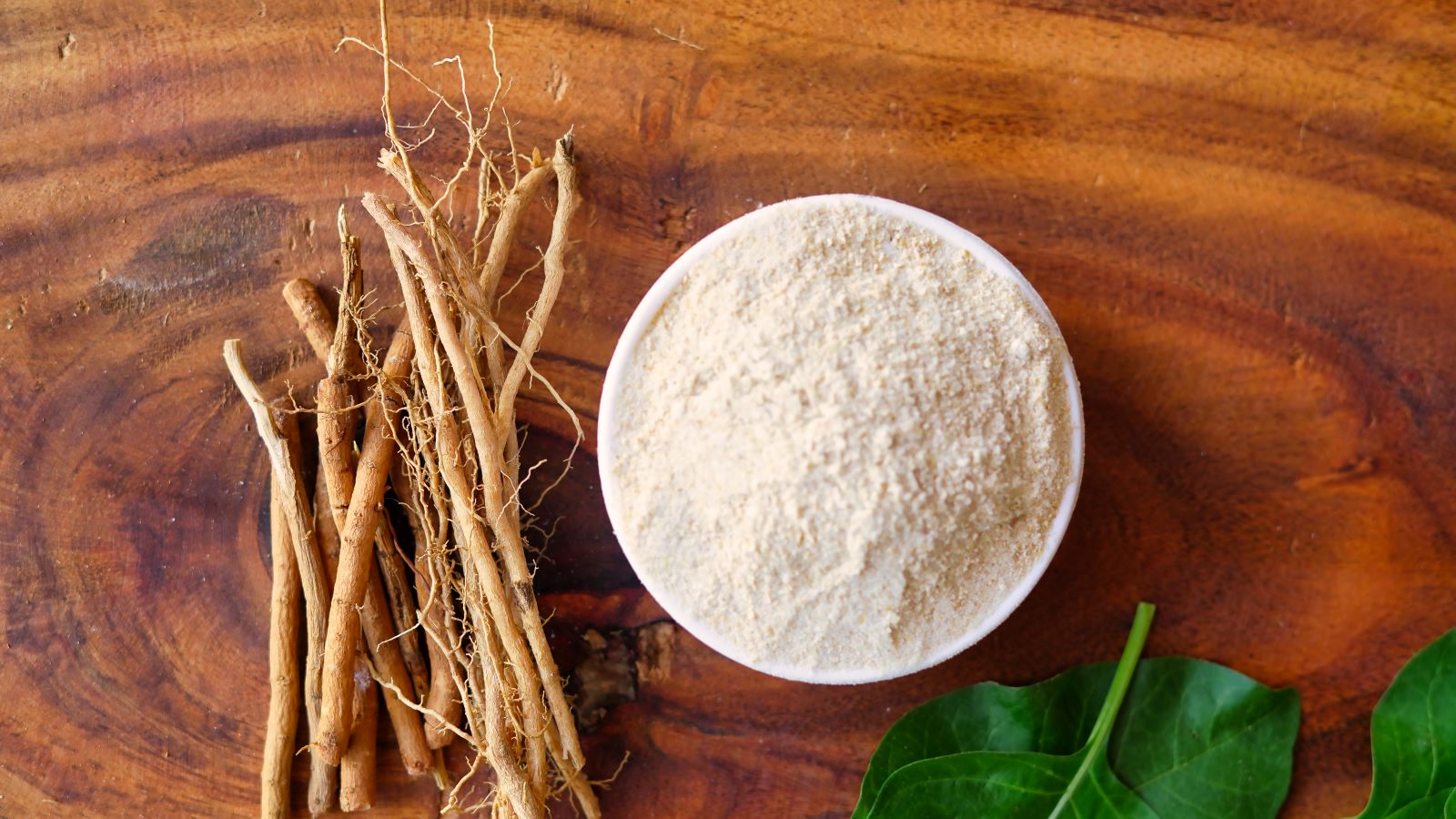<< Back
Should I Take Ashwagandha for My Health?

August 28, 2025
Ashwagandha is having a moment – showing up in powders, pills, teas and even smoothies.
But can it really help with sleep, stress or inflammation?
We asked Junelle Shepard, APRN, a primary care nurse practitioner with Hartford HealthCare Medical Group, to explain what’s real and what to watch out for.
What is ashwagandha?
It comes from the plant Withania somnifera, part of the nightshade family.
“This family also includes belladonna, tomatoes, potatoes, peppers and tobacco,” says Shepard.
> Related: These Foods Help Fight (or Cause) Chronic Inflammation
4 ways ashwagandha might benefit your health.
Ashwagandha is said to have many positive effects on the body, including:
- Decreasing inflammation.
- Supporting the immune system.
- Reducing stress and anxiety.
- Helping with sleep.
While some benefits have been proven, most studies are short-term.
“As far as we can tell, the supplement is relatively safe when taken in low doses for up to 6 months,” says Shepard. “We still need more research on its safety over the long term.”
> Related: Do Supplements Actually Work?
Is it right for you?
Ashwagandha may be worth trying, but it’s not for everyone.
Skip ashwagandha if you are:
- Pregnant or breastfeeding.
- Living with diabetes and taking insulin.
- Living with heart disease or having previously had a heart attack or stroke.
“Rare cases of liver injury have also been reported with ashwagandha use,” adds Shepard. “That’s why people with liver disease or heavy alcohol use need to be especially cautious.”
The brand matters – a lot.
Supplements aren’t regulated like prescription medications, so quality can vary wildly.
“I wouldn’t recommend buying ashwagandha online without checking its certifications,” says Shepard. “Some may contain ingredients not listed on the label.”
Look for seals such as:
- USP Verified.
- NSF Contents Certified.
- NSF Certified for Sport.
“These certifications help verify the product actually contains what’s on the label,” Shepard adds.
> Related: 2 Supplements You Should Actually Consider Taking
The bottom line.
Ashwagandha can offer benefits, but it’s not a cure-all – and it’s not one-size-fits-all.
“We always review a patient’s medical history, medications and other supplements before recommending anything,” says Shepard. “Take bold health claims with a grain of salt – your doctor can help you separate fact from fiction and choose what’s truly safe and beneficial for you.”